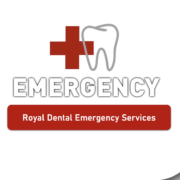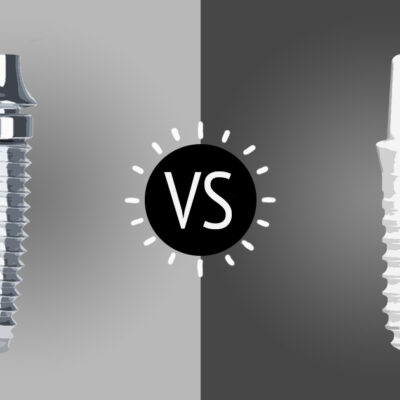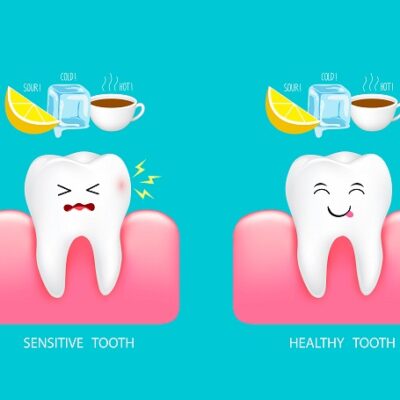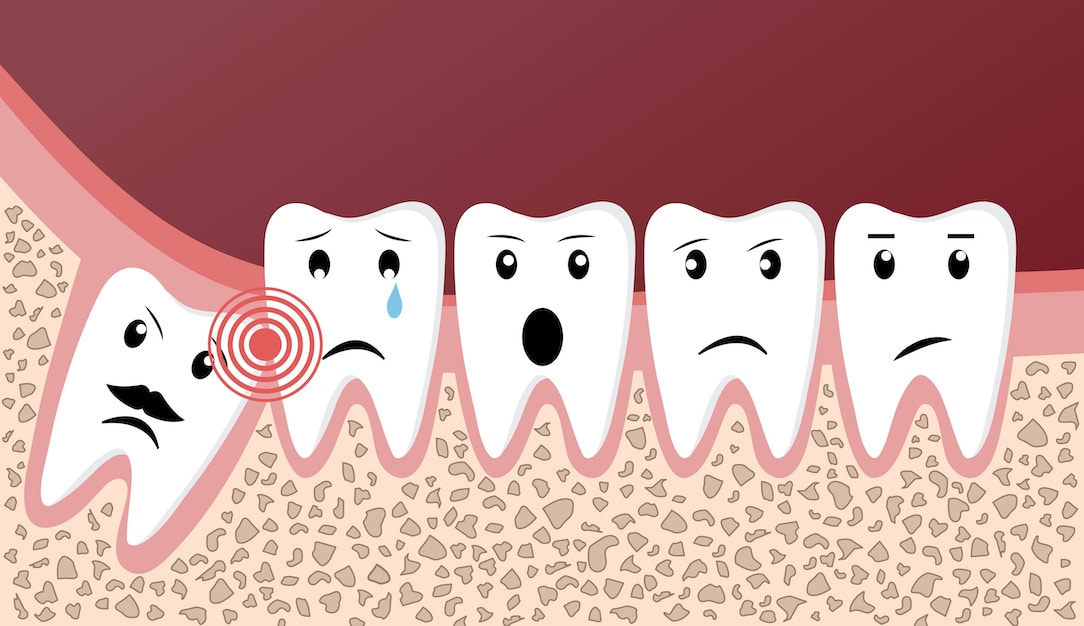Tongue cancer is relatively uncommon. According to data compiled by the American Cancer Society, it ranks 39th among all types of cancer. However, despite its low prevalence, it can be deadly if left untreated. This is because tongue cancer can invade deeper structures and spread to other parts of the body. Untreated cancers may also metastasize into the blood supply of the tongue, making them more difficult to remove completely. Given these risks, anyone who suspects they might have this condition should see their doctor as soon as possible. Here’s what your tongue speaks of your oral health and ways to reduce your risk.
What is the cause of tongue cancer?
Squamous cell carcinoma is the most common type of tongue cancer. It develops from thin, flat layer of tissue called the squamous epithelium that covers the tongue and oral cavity. Squamous cell carcinoma is usually slow growing, but if left untreated, it can spread to other parts of the body.
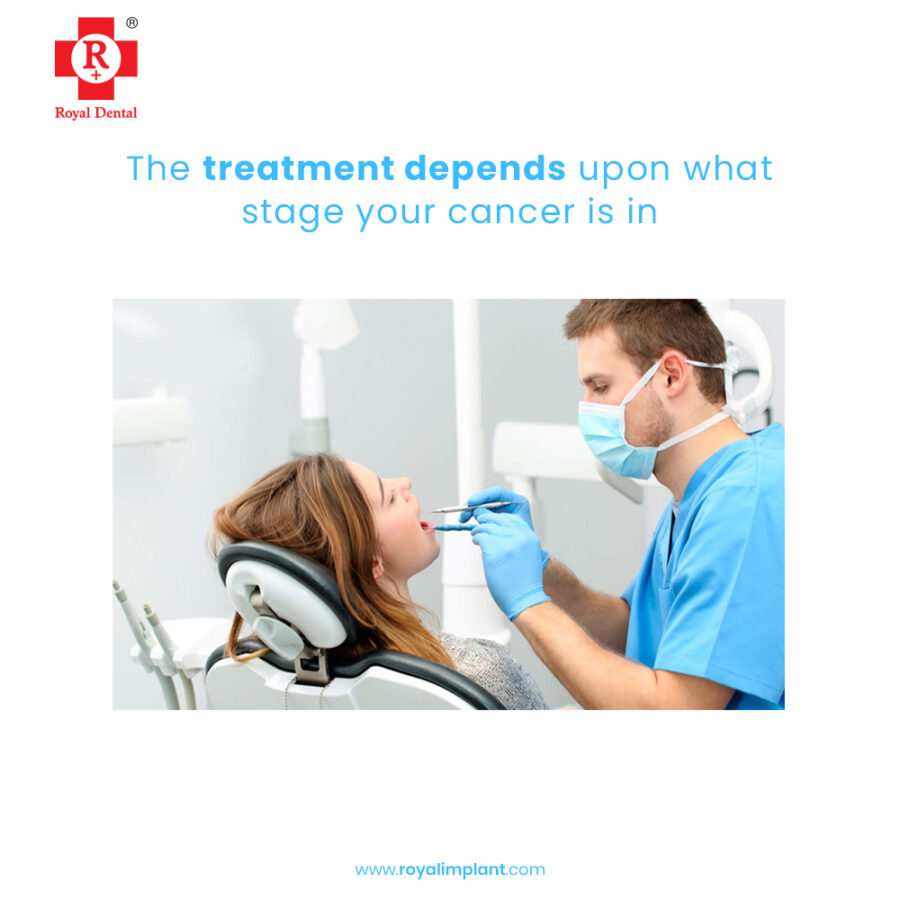
Tongue cancer can also start in the germinal layer of the tongue, which is the layer that gives rise to the cells that produce new blood vessels, nerves, and other structures in the tongue.
Oral lichen planus is a chronic inflammatory condition that is sometimes associated with an increased risk for developing squamous cell carcinoma.
Risk Factors for Tongue Cancer
The risk factors for developing tongue cancer include aging, smoking, alcohol use, poor diet, genetics, and a weakened immune system. There are two important points to keep in mind here. First, not all of the risk factors apply to all types of tongue cancer, and second, while some of these risk factors are fairly controllable, others (like genetics) are not. Let’s take a look at each risk factor in more detail.
Ageing: The risk of developing tongue cancer increases with age. Most cases of tongue cancer occur in people over the age of 50.
Alcohol use: Drinking excessive amounts of alcohol is associated with an increased risk of developing squamous cell carcinoma of the tongue.
Diet: A poor diet may increase the risk of developing oral lichen planus, a condition that can be associated with an increased risk for squamous cell carcinoma.
Genetics: Tongue cancer develops predisposed genetically by some people. If you have a family history of tongue cancer, it may be a good idea to see your doctor for regular tongue screenings.
Immune system: People whose immune systems are weakened by certain disorders or medications are at a higher risk for developing squamous cell carcinoma compared to the general population.
Smoking: Smoking is associated with increased risks for developing all three types of tongue cancer.

Smoking and tongue cancer
Tongue cancer is more common in current smokers than in former smokers or people who have never smoked. Stopping smoking as soon as possible after diagnosis may help reduce the risk of the cancer coming back, and may help prevent the cancer from recurring in the first place. The sooner you quit, the better. Also, if you are a smoker and are considering having tongue surgery or other oral procedure, it’s not a bad idea to quit smoking before the procedure. This will reduce the risk of complications, and will speed up the healing process.
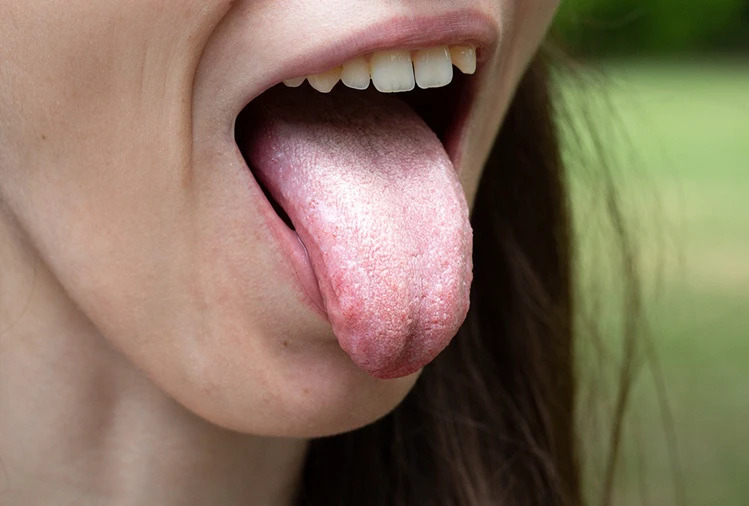
Diet and nutrition
Although a healthy diet cannot prevent tongue cancer, it can reduce the risk of other diseases that can lead to this Eating a healthy diet high in fruit and vegetables, whole grains, and a moderate amount of fish and poultry can reduce the risk of heart disease, stroke, and many types of cancer. A diet high in fat, sugar, and red or processed meats may increase the risk. It’s also important to maintain healthy weight and follow healthy lifestyle to reduce risk of oral diseases, including of cancer.
Royal Dental brings Smile to Oral Cancer Patients

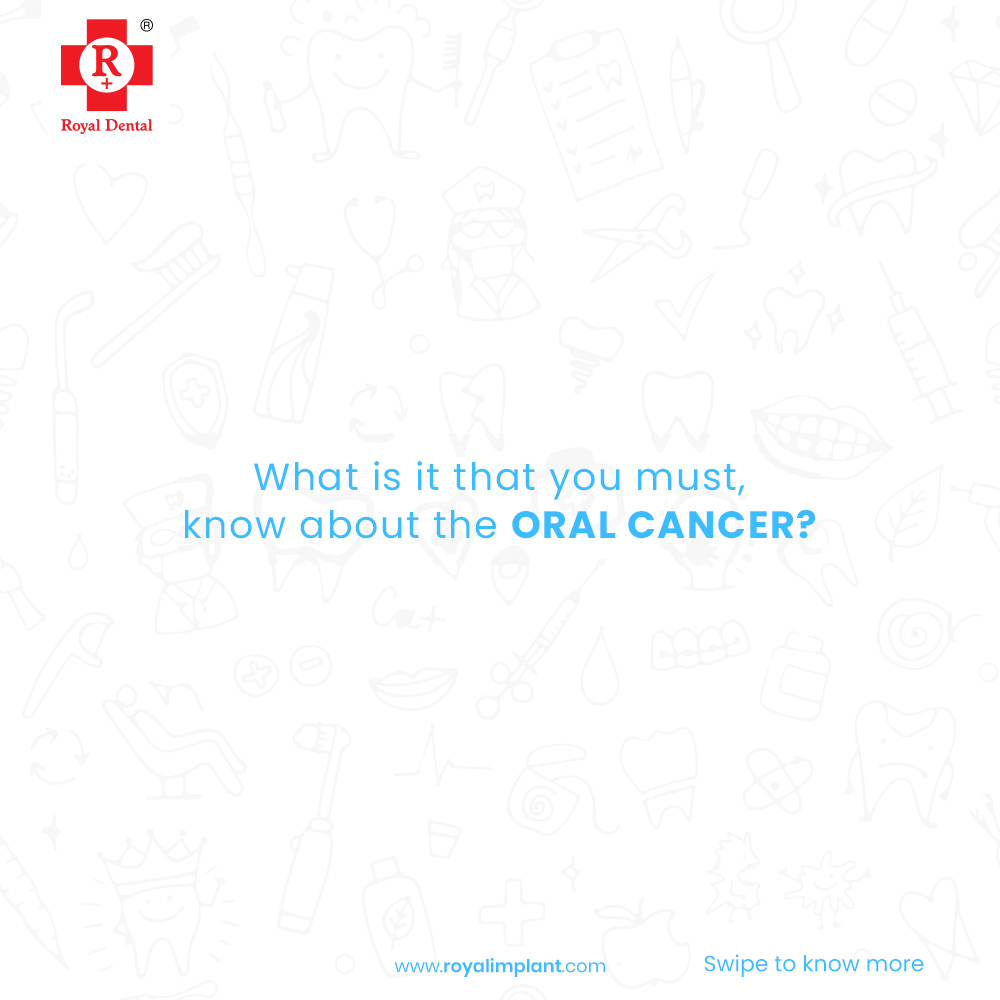
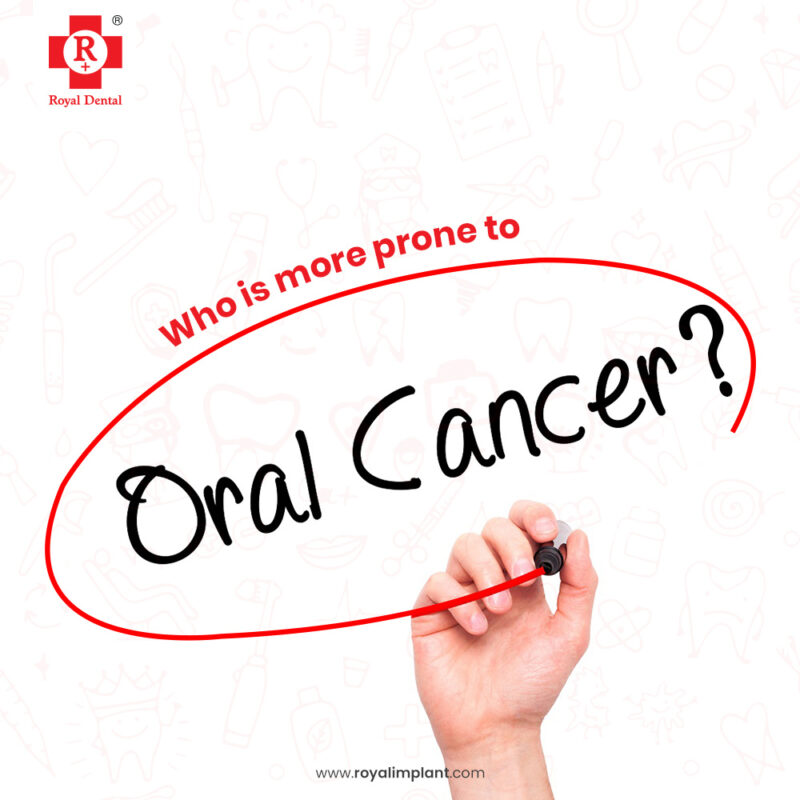
Oral hygiene and tongue cancer
In addition to brushing twice day flossing daily, it’s good idea to scrape your tongue regularly remove bacteria other debris. It should go without saying that you should see your dentist for regular cleanings and check-ups. While it’s true that many oral diseases (including various cancers) can’t be prevented, it’s also true that many can.
Conclusion
This is a serious condition that requires prompt diagnosis and treatment. Changes in lifestyle instrumental in reduced risk factors due to smoking, a poor diet and lack of oral hygiene. Imperative to see a doctor when you notice any changes in the tissue of your tongue.
Follow Us For More Updates

